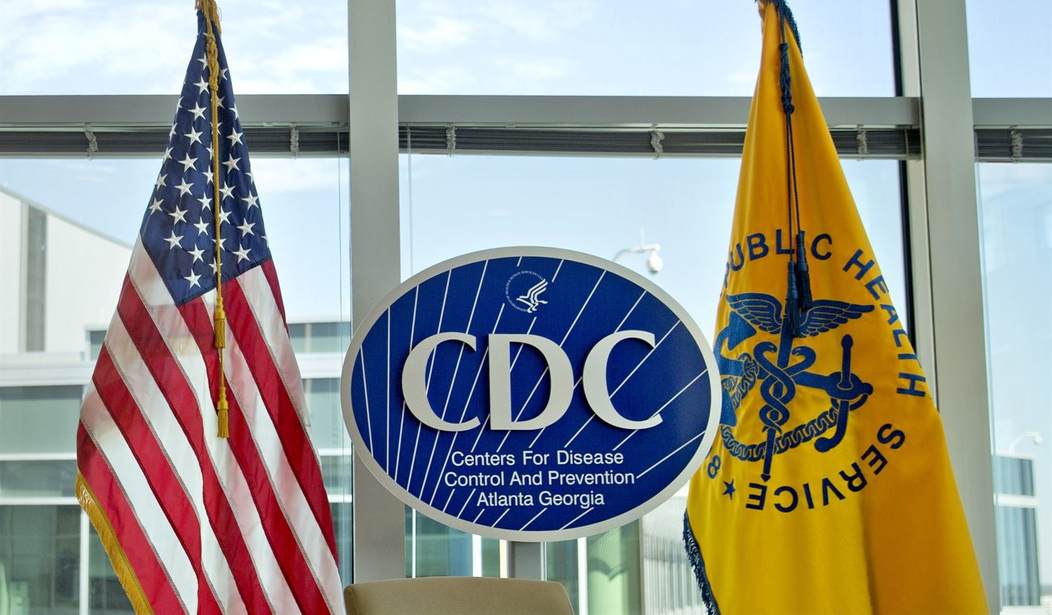According to the CDC, if we eat a medium-rare hamburger, we’re acting dangerously. The CDC also claims that by eating more than a teaspoon of salt we’re practicing risky behavior. The same goes for eating raw cookie dough, or drinking alcohol if you’re a woman of childbearing years.
The CDC is made up of scientists. These scientists don’t concern themselves with balancing risks in our daily lives. Their job is to tell us what’s dangerous or risky and allow us to make our own decisions when it comes to almost any question of health.
Except for public health questions.
We don’t listen to most warnings from the CDC because they’re designed to be given in a perfect world where everyone is absolutely safe from harm. David Leonhardt of the New York Times tells us why that’s not always the smart thing to do.
The misery of the Covid-19 pandemic — with its death, illness, isolation and frustration — has left many Americans desperate for clear guidance on how to live safely. People want to protect themselves, their family and their communities, especially the most medically vulnerable members of it. This instinct is both understandable and profoundly decent.
But it has led to a widespread misunderstanding. Many people have come to believe that expert opinion is a unitary, omniscient force. That’s the assumption behind the phrases “follow the science” and “what the science says.” It imagines science almost as a god — Science — who could solve our dilemmas if we only listened.
The CDC would have us wearing masks until there were no cases of the coronavirus in the world. Indeed, mask-wearing in hospitals, and health care facilities like doctors’ and dentists’ offices are probably here to stay until someone sues them and makes them stop.
Many other Covid questions, however, are complicated. What does the science say about them? It says many things. Above all, science makes clear that public health, like the rest of life, usually involves trade-offs.
Tell that to the CDC. They will never relent as long as the coronavirus is infecting people.
The arguments on both sides are exaggerated by politics and fear.
The current stage of the pandemic presents its own set of hard choices and trade-offs. If you wade into the angry, polarized Covid debates on social media and cable television, you will find people who try to wish away these trade-offs. They pretend that science offers an unambiguous answer, and it happens to be the answer they favor.
Proponents of an immediate return to normalcy claim, implausibly, that masks and social distancing do nothing to reduce the spread of Covid and that anyone who says otherwise doesn’t care about schoolchildren. Proponents of rigorous Covid mitigation claim, just as implausibly, that isolation and masking have no real downsides and that anyone who says otherwise doesn’t care about the immunocompromised.
The argument against masking is that we were oversold on the idea that it will protect us and now realize that the masks almost all of us have been wearing since the pandemic began—the cloth masks—offer very little protection.
We’re not hearing much in the way of an apology from the CDC for those who have been saying that all along.
It’s all about balancing risks. In this, when people are free to balance their own risks and those of their families, it’s amazing how much safer people are.
The truth is that Covid restrictions — mask mandates, extended quarantines, restrictions on gatherings, school closures during outbreaks — can both slow the virus’s spread and have harmful side effects. These restrictions can reduce serious Covid illness and death among the immunocompromised, elderly and unvaccinated. They can also lead to mental-health problems, lost learning for children, child-care hardships for lower-income families, and isolation and frustration that have fueled suicides, drug overdoses and violent crime.
Far too often over the last two years, we have been subjected to lecturing, hectoring, spittle-flecked rantings from the left and busybodies who want to tell the rest of us what the “science” says.
Let’s give “the science” a rest and get back to living our own lives and minding our own business.










